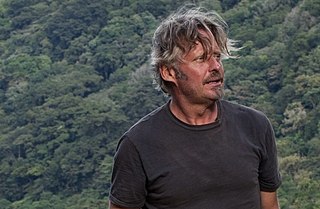A Quote by Kristi Funk
Nearly every BRCA mutation carrier's main concern is how to avoid the fate of relatives who have had, and possibly died from, breast or ovarian cancer.
Related Quotes
For any woman reading this, I hope it helps you to know you have options. I want to encourage every woman, especially if you have a family history of breast or ovarian cancer, to seek out the information and medical experts who can help you through this aspect of your life, and to make your own informed choices.



























